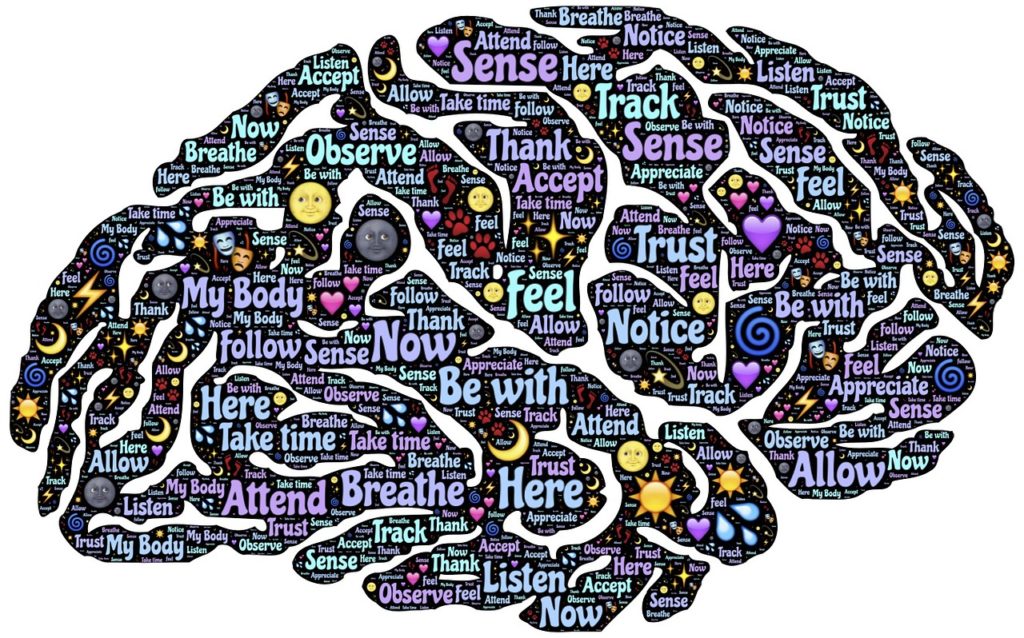One of the critical roles our Rider performs is to think – which, although not exclusively, is mostly about processing, problem-solving and decision-making. The quality of our Rider’s thinking – i.e., that measure of its effectiveness, accuracy, truthfulness, and value – is affected by many factors…including intelligence (innate capability), cognitive skill sets (one has learned), one’s mood and emotional state, ambient conditions, time of day (w.r.t. mental energy available), life experience, and…bias.
Bias is that influence our beliefs and preconceived notions (i.e., our [prior] conditioning) have on our thinking. What is particularly relevant to know is that bias 1) is usually a hidden factor in our thinking (i.e., the Rider is generally unaware of its “influencing” effect); 2) while it can be positive, is potentially quite harmful; and 3) is something we all engage in “being” and “doing” (i.e., we are all, to some lesser or greater extent, biased!).
That our Rider is, for the most part, unaware of such biasing influence should/could/would be cause for concern but of course isn’t because, well, we “don’t see it” so why worry. But…that doesn’t mean we can’t do something about it to mitigate such potentially harmful effect. In fact, that “doing something about it” can and does yield significant benefit (not the least of which is less unnecessary suffering – ours and others – in the world).
________
One approach to understanding how bias affects our thinking is to look at some of the types of bias. Just being informed about that which you are normally unaware can be beneficial in mitigating the potential harm of bias; for you are more likely to recognize or consider such possibility and its adverse effect.
Biases are (or can be) helpful – they are one of the ways our brains summarize, organize, and connect our prior learning and conceptualizations about life. But biases can also (and do) blind one to “getting the reality right.” They can prevent you from seeing, considering, or understanding what is really going on, and thus “lead you” to miss or misinterpret information from the world around you, and thus negatively affect the rationality and reasonableness of the decisions and judgments you make. So, while biases work to make decision-making quicker and more efficient, they can also drive you to make bad decisions that result in harmful, hurtful, even damaging outcomes.
So here is a critical takeaway: The antidote to such negatively consequential, biased reasoning is to learn and develop intellectual traits that foster and promote the cognitive practice of being open, curious, and flexible in one’s rational thinking.
_________________________________
*Elephant/Rider Model: Based on the metaphor from The Happiness Hypothesis, Jonathan Haidt, 2006.

